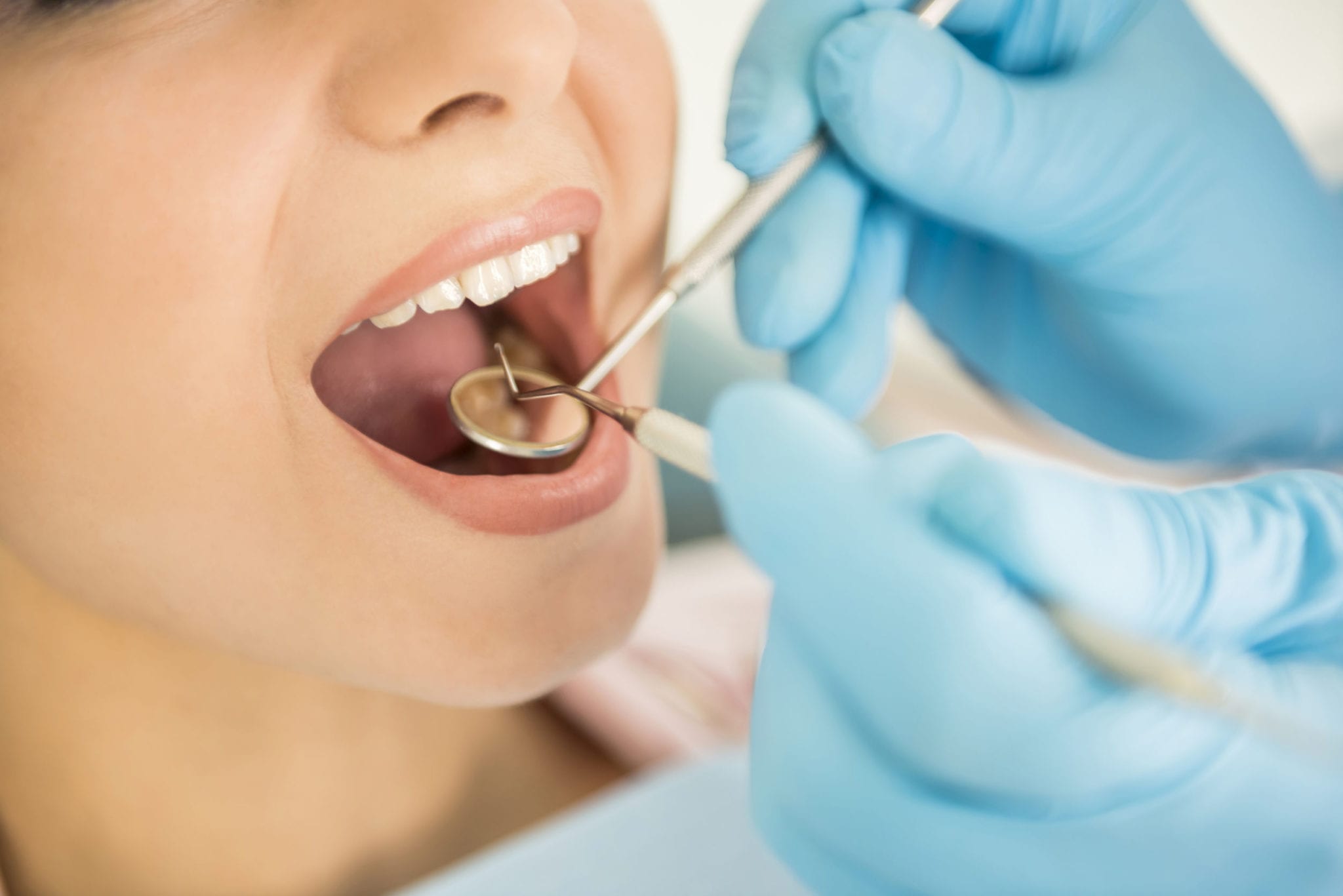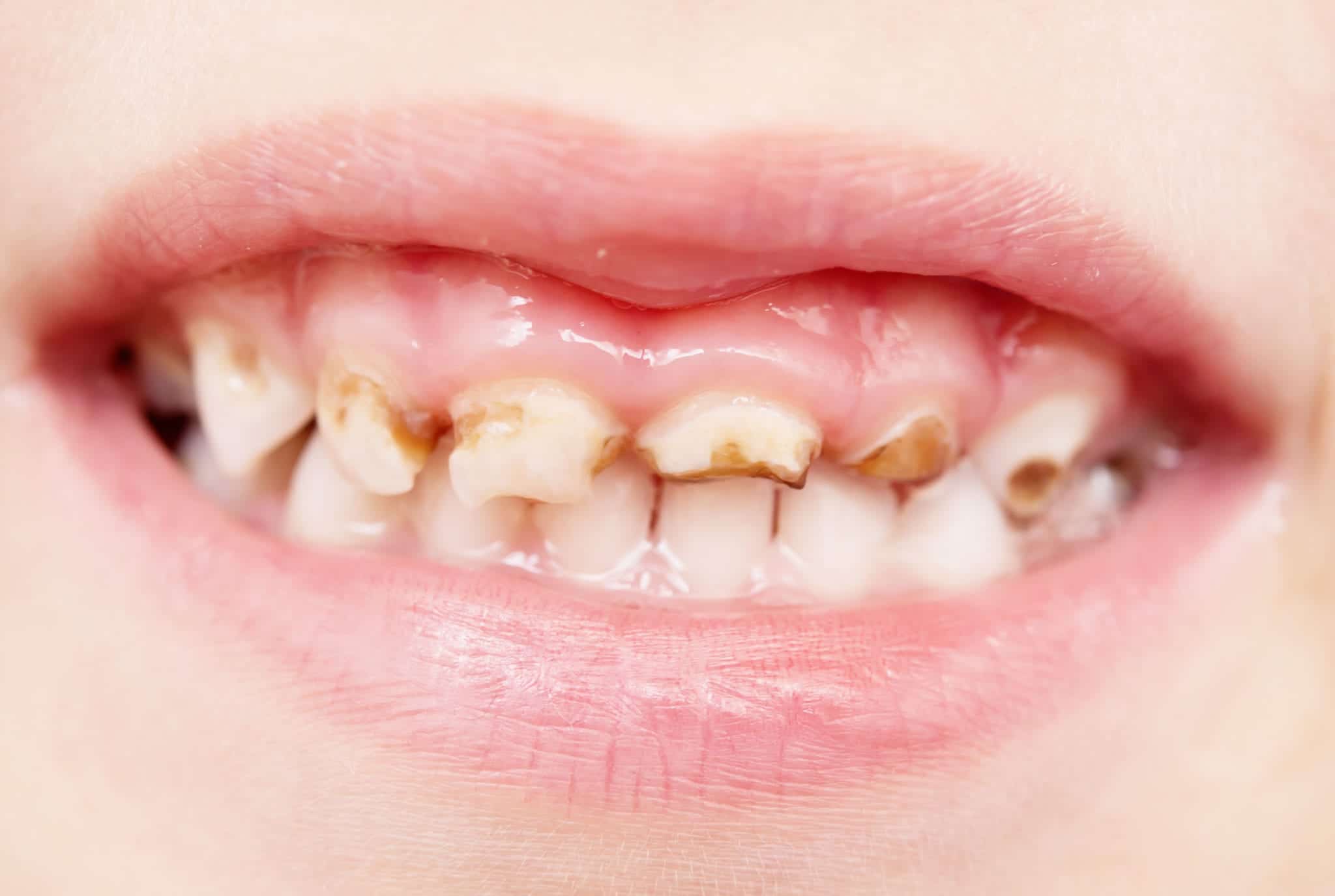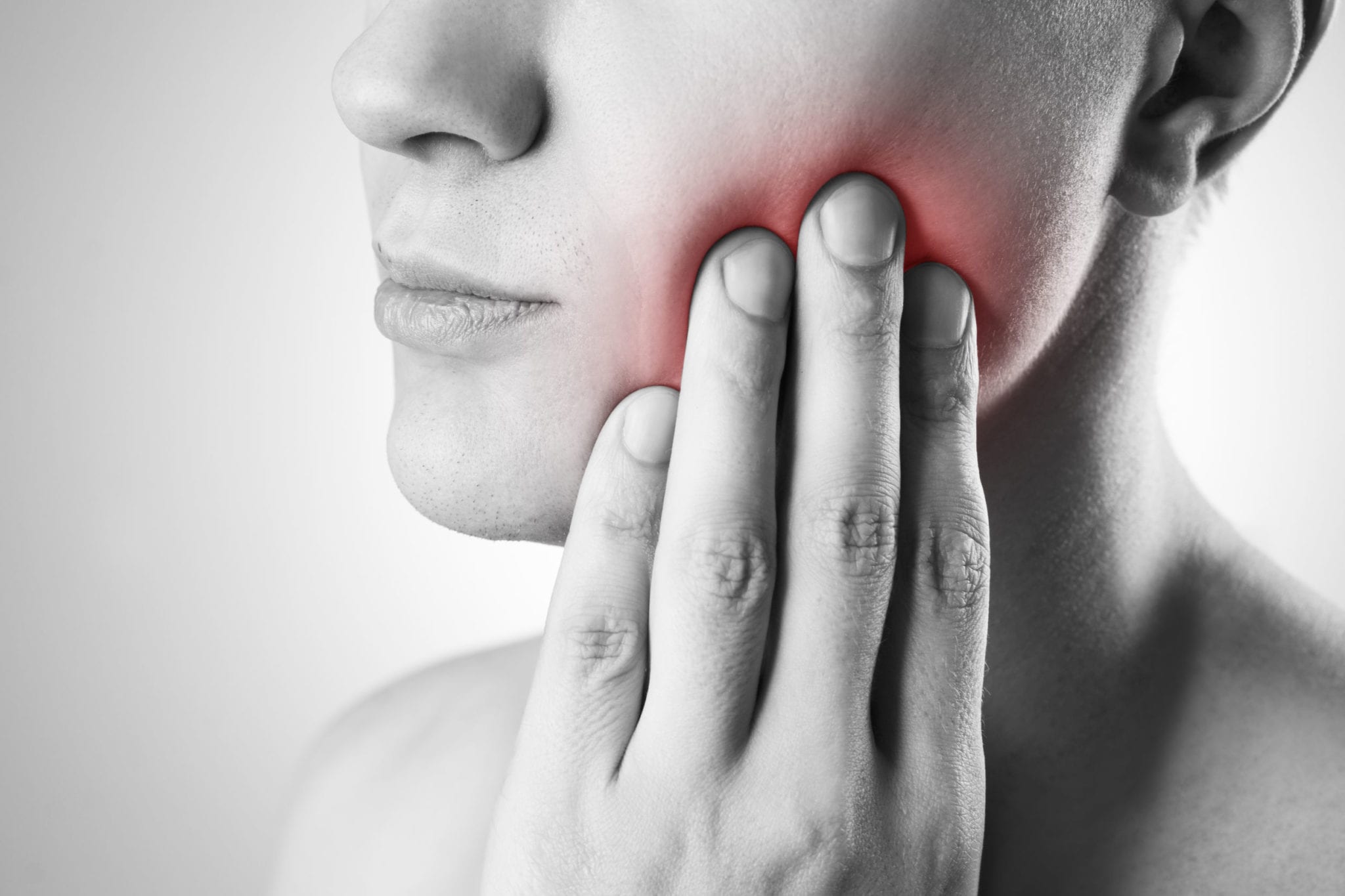
You probably know that you’re supposed to visit the dentist for a regular checkup at least every six months or so. Doing this not only gives your teeth and gums a more thorough cleaning than you can do at home, helping to remove tartar and plaque that you can’t, it also allows the dentist to catch things before they become bigger problems.
Sometimes, though, these regular visits are not enough. Maybe something happens in-between a regular checkup and you feel like you need your mouth looked at fast. Or perhaps you miss a cleaning (or two – it happens) and things just start to feel… wrong.
Do you really need to see the dentist though? Or could the issue improve on its own?
If you’re unsure whether you should see a professional about a problem in your mouth,
read on for the top ten reasons you need to see a dentist – now – to help you deal with the symptoms you’re experiencing.
Reasons You Should Schedule an Appointment with Your Dentist as Soon as Possible
- Pain
Some people try to ignore tooth pain, thinking it may go away on its own. That’s a bad idea, though, because an infection could be developing beneath the surface.
At the first sign of pain, seek your dentist’s opinion. They will be able to determine the cause for your tooth pain and form a treatment plan. It may be nothing, but it could be a warning sign for mouth cancer or other serious problems. Your dentist can evaluate your situation and help you put your worries to rest.
- Sore Gums
Gingivitis is the first step of gum disease, which can progress into a serious form called periodontitis. If your gums are sore when you brush your teeth, you may have gum disease, which can lead to tooth loss.
The good news is that your dentist can show you proper brushing techniques and recommend other treatments to improve the health of your gums. Additionally, it’s wise to get a dental checkup to rule out any serious health issues, because gum disease is associated with other health concerns like diabetes, thyroid issues, and certain immune deficiencies.
- Sensitivity
If you experience sensitivity when eating or drinking hot or cold foods and beverages, or if you experience bleeding when you brush, you need to see a dentist. They can determine whether the sensitivity is related to tooth decay, and will be able to prescribe special toothpastes to help strengthen your teeth and protect your nerves. Of course, if it is tooth decay, they can treat that, too.

- Spots on your Teeth
Whether you have white or dark spots on your teeth, it’s best to check with your dentist to understand whether they are problematic. White spots can merely be harmless calcium deposits… or they can be an early sign of tooth decay. Black spots may indicate cavities or that a tooth has lost blood supply and needs to be pulled.
Bottom line: check with your dentist to understand what the spots mean.
- Sores on Cheeks, Gums, or Lips
Mouth sores are often triggered by changes in diet, stress, or decreased immune system function. Lesions inside the mouth usually heal on their own, but your dentist can help you learn why they are occurring.
If a lesion doesn’t heal on its own within a week or two, it’s a sure sign you need to contact your dentist to make sure no further problems exist.
- Dry Mouth
This condition is often a side effect from taking prescription painkillers or receiving cancer treatments. Problems occur when dry mouth leads to periodontitis and possible tooth loss.
Make sure your dentist is aware of your dry mouth problem. This way, they can be proactively involved in disease prevention.
- Metallic Taste
If you experience a taste of metal in your mouth, it may be a sign that your gums are diseased or that you are having other health problems. A dentist can help you treat this condition with just one appointment.
- Bad Breath
Bad breath is not only embarrassing and unpleasant, but it may be a signal of tooth decay. If you’re brushing at least twice per day and still experiencing bad breath, let your dentist know so they can determine the source.
- Jaw Pain
You may be grinding your teeth at night and not be aware of it, other than feeling jaw pain, especially in the morning. You may also experience morning headaches and see tiny cracks in your molars.
A dentist can make a custom-fitted mouth guard to protect your teeth and stop the damage from grinding. This will help to stop your headaches and pain as well.

Jaw pain may also be related to sinus issues, so make sure your dentist looks at your mouth to see if you need help from an ear, nose, and throat specialist.
- Discoloration of Mouth Tissues
If you see white patches on your tongue, gums, or inner cheeks, it may be a sign of anemia or other oral health problems. Your dentist can examine the affected areas and advise you on courses of treatment.
There’s Only One Sure Way to Know If You’re Experiencing Oral Health Problems – Visit Your Dentist
Still not sure if whatever you’re going through is worth seeing the dentist? Give us a call and let us know what’s going on. Our experienced professionals can help.
Of course, in the end, the only way to know for sure is to schedule a checkup and have the dentist take a look at your mouth. During your visit, you can also ask about any concerns you may have.
Delay only increases the chance that you will have further problems. Contact your dentist today and put your mind at ease.






